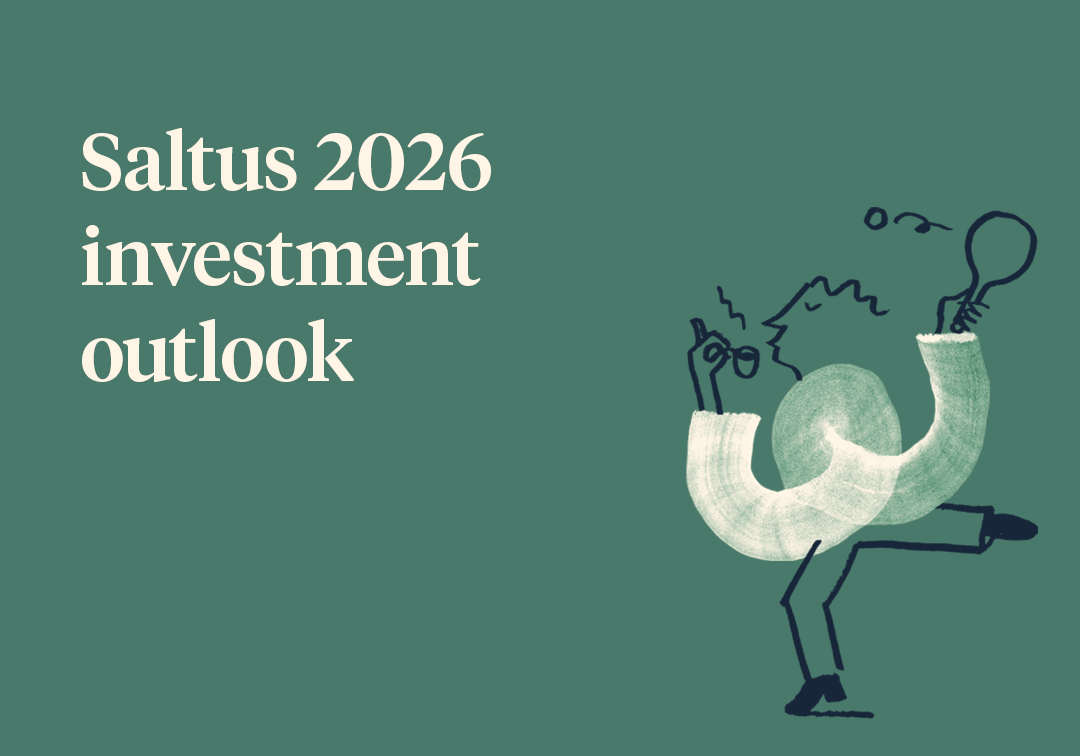Anyone engaged with their portfolio will have noticed two developments accelerating over recent years. Firstly, bond and equity performance has become increasingly closely correlated. Secondly, many large and attractive businesses are held privately. It’s getting harder to manage risk with a traditional portfolio and some opportunities are just off the menu.
Here we will examine whether the inclusion of Private Equity in your portfolio can help tackle these problems and what its impact on your overall return might be.
Private Equity (PE) is essentially an alternative form of funding. A PE fund will acquire private companies and look to implement change or drive growth. It has historically been seen as a complex asset class that your average punter would stay clear of. It’s difficult to access due to high minimum investments and the need for an extensive network, which means that most PE investors are institutional (endowment funds, pension funds etc.). Over recent years though, there have been more vehicles offering retail investors opportunities to invest in Private Equity. With the multitude of other more ‘vanilla’ asset classes available such as public equities, fixed income, real estate and commodities, this raises the question: what is the role of Private Equity in portfolios and does it actually add value? In short, it can help diversify, provide attractive risk adjusted returns and even protect on the downside. However, it’s not a straightforward world to navigate and achieving this outcome is certainly not easy for an everyday investor.
“We will argue that Private Equity does have a role, but there are some considerations you must evaluate carefully. As always be careful not to drink the Kool Aid…”
Firstly, let’s deal briefly with the plumbing so we can look at this issue effectively. In our opinion, Private Equity should be seen as a high risk asset. As such, it seems natural to consider the inclusion of Private Equity as a replacement for part of the equity allocation within a portfolio. However, comparing the performance of Private Equity against Public Equity is not a straightforward task. Private Equity funds hold cash back and time their investments carefully. They report their performance using internal rate of return (IRR), which excludes uninvested cash positions to take this into account. This is quite different from the typical total return measurement used to assess Public Equity. To overcome this, researchers have helpfully developed a measure known as ‘public market equivalent’ (PME) to calculate comparative performance. PME essentially adapts Public and Private Equity returns to account for these variances.
One recent study1, looked at over a thousand buyout funds with vintage years between 1997 and 2020. Using PME methodology, it found that including a 20% Private Equity allocation into a balanced 60/40 portfolio led to a 0.6% annualised outperformance. Although this might sound small, this becomes a meaningful additional contribution to returns when compounded over time. However, some institutions like Bain2 and JP Morgan3 have started to suggest that the outperformance of PE is narrowing. The FT’s US financials’ commentator wrote a piece in the Financial Times4 titled ‘Private Equity’s meh decade’ that reflected this thinking. He highlighted the diminishing outperformance of US Private Equity with total returns equalising the S&P 500 index over the last five years.
The answer is probably more nuanced than this though. Since 2016, returns of the S&P 500 have been driven by outperformance of the five largest technology companies (Apple, Microsoft, Amazon, Facebook and Alphabet), which together make up more than 20% of the index. These are quality companies and they have seen strong growth in earnings and margins over this period. However, much of this has been driven by sentiment from retail investors and increased flows into ETFs. This means that these companies are now valued at extremely high multiples of their earnings. If they are stripped out of the index, it tells a very different story. By contrast, Private Equity returns in Europe and Asia have significantly outperformed public markets over the same time horizon. In the UK, Public Equity returns have lagged global equity markets by over 150% over the last 10 years but UK PE has averaged 19.6% IRR 5, per annum, and outperformed global peers. The evidence for investing in Private Equity is nuanced, yes, but certainly compelling.


